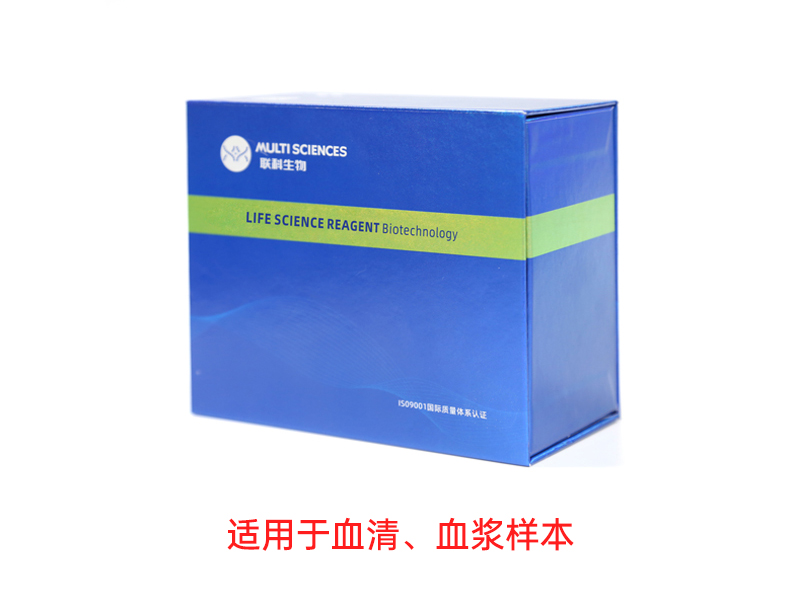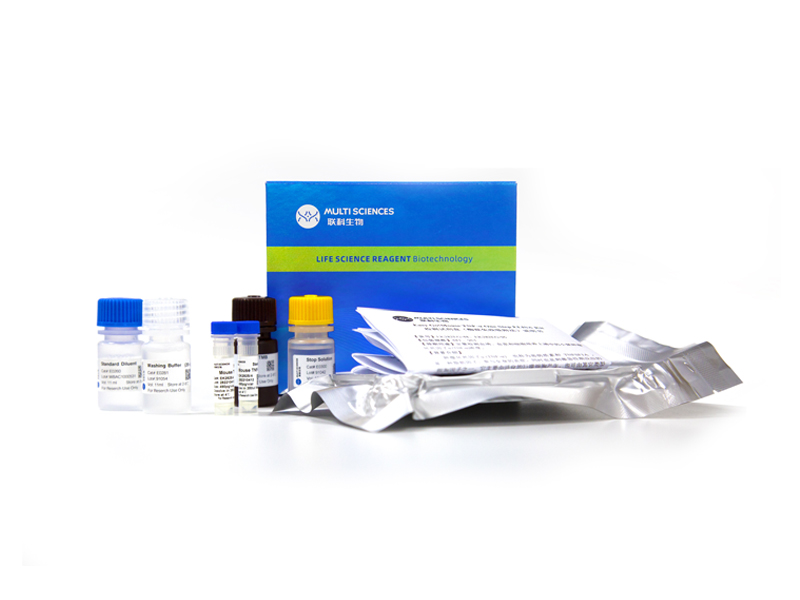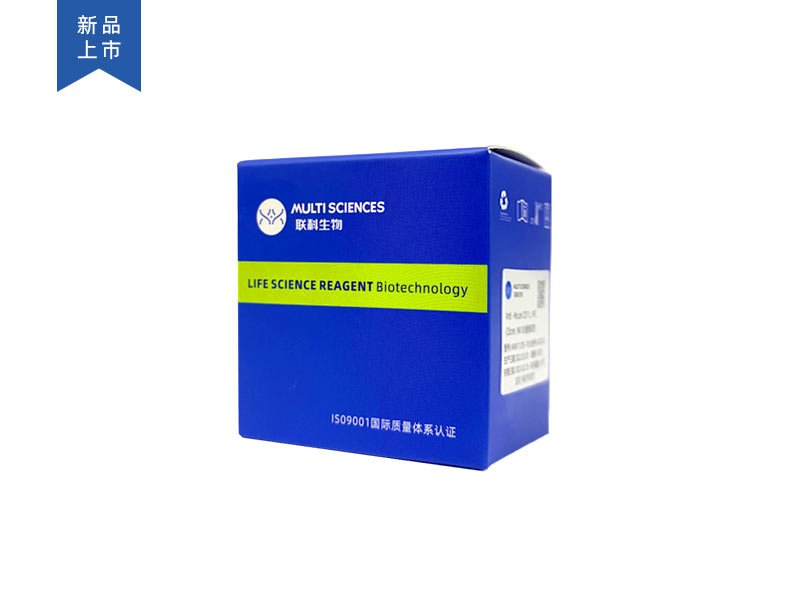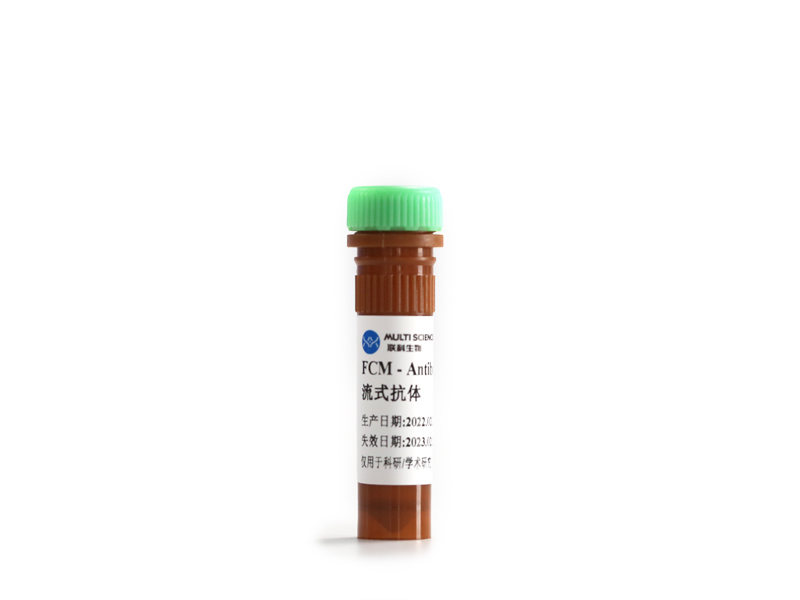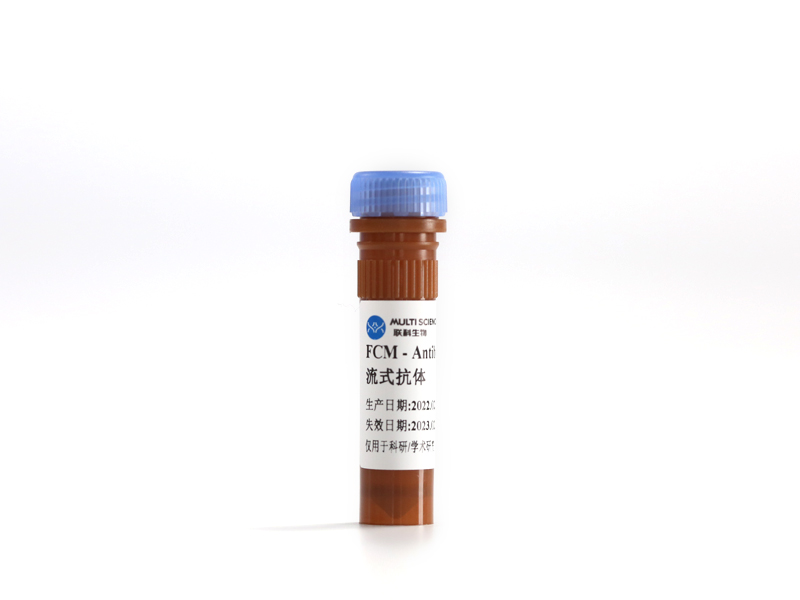Hepatic ischemia–reperfusion injury (HIRI) represents a major risk factor in liver transplantation and resection surgeries. Kupffer cells (KCs) produce proinflammatory cytokines and lead to hepatic neutrophil infiltration in the liver, which is one of the leading causes of HIRI. Mid1 is involved in immune infiltration, but the role of Mid1 remains poorly understood. Herin, our study aimed to investigate the effect of Mid1 on HIRI progression. Male C57BL/6 mice aged 6?weeks were used for the HIRI model established. The function of Mid1 on liver injury and hepatic inflammation was evaluated. In?vitro, KCs were used to investigate the function and mechanism of Mid1 in modulating KC inflammation upon lipopolysaccharide (LPS) stimulation. We found that Mid1 expression was up-regulated upon HIRI. Mid1 inhibition alleviated liver damage, as evidenced by neutrophil infiltration, intrahepatic inflammation, and hepatocyte apoptosis. In?vitro experiments further revealed that Mid1 knockdown reduced the secretion of proinflammatory cytokines and chemokines in KCs. Moreover, silenced-Mid1 suppressed proinflammatory responses by the inhibition of NF-κB, JNK, and p38 signaling pathways. Taken together, Mid1 contributes to HIRI via regulating the proinflammatory response of KCs and inducing neutrophil infiltration. Targeting Mid1 may be a promising strategy to protect against HIRI.
文章引用产品列表
-
- EK201BEGA 35 Citations
- 一步法ELISA试剂盒
EasyGo!™ Mouse IL-1β One-Step ELISA Kit 检测试剂盒(酶联免疫吸附法)
- ¥2,190.00 – ¥3,650.00
-
- EK206EGA 56 Citations
- 一步法ELISA试剂盒
EasyGo!™ Mouse IL-6 One-Step ELISA Kit 检测试剂盒(酶联免疫吸附法)
- ¥2,190.00 – ¥3,650.00
-
- F41011b02 3 Citations
- 流式抗体
Anti-Human/Mouse CD11b, PE (Clone: M1/70) 流式抗体 检测试剂
- ¥304.00 – ¥680.00
-
- F21480A03 12 Citations
- 流式抗体
Anti-Mouse F4/80, APC (Clone:BM8.1)流式抗体 (新品)
- ¥584.00 – ¥1,280.00
-
- EK282 1454 Citations
- FEATURED ELISA KIT, ELISA试剂盒
Mouse TNF-a ELISA Kit检测试剂盒(酶联免疫吸附法)
- ¥1,600.00 – ¥10,800.00
-
- EK296 55 Citations
- ELISA试剂盒
Mouse CXCL1/KC ELISA Kit检测试剂盒(酶联免疫吸附法)
- ¥1,600.00 – ¥2,650.00
-
- EK290 5 Citations
- ELISA试剂盒
Mouse sVCAM-1/CD106 ELISA Kit检测试剂盒(酶联免疫吸附法)
- ¥2,000.00 – ¥3,400.00
-
- EK282HS 1241 Citations
- 高敏试剂盒
Mouse TNF-α High Sensitivity ELISA Kit检测试剂盒(酶联免疫吸附法)
- ¥2,000.00 – ¥3,400.00
-
- EK2142 25 Citations
- FEATURED ELISA KIT, ELISA试剂盒
Mouse CXCL2/MIP-2 ELISA Kit检测试剂盒(酶联免疫吸附法)
- ¥1,600.00 – ¥2,650.00
-
- EK206 1296 Citations
- FEATURED ELISA KIT, ELISA试剂盒
Mouse IL-6 ELISA Kit检测试剂盒(酶联免疫吸附法)
- ¥1,600.00 – ¥10,800.00
-
- EK206HS 1080 Citations
- FEATURED ELISA KIT, 高敏试剂盒
Mouse IL-6 High Sensitivity ELISA Kit检测试剂盒(酶联免疫吸附法)
- ¥2,000.00 – ¥3,400.00
-
- EK201BHS 786 Citations
- FEATURED ELISA KIT, 高敏试剂盒
Mouse IL-1β High Sensitivity ELISA Kit检测试剂盒(酶联免疫吸附法)
- ¥2,000.00 – ¥3,400.00
-
- EK201B 939 Citations
- FEATURED ELISA KIT, ELISA试剂盒
Mouse IL-1β ELISA Kit 检测试剂盒(酶联免疫吸附法)
- ¥1,600.00 – ¥10,800.00

